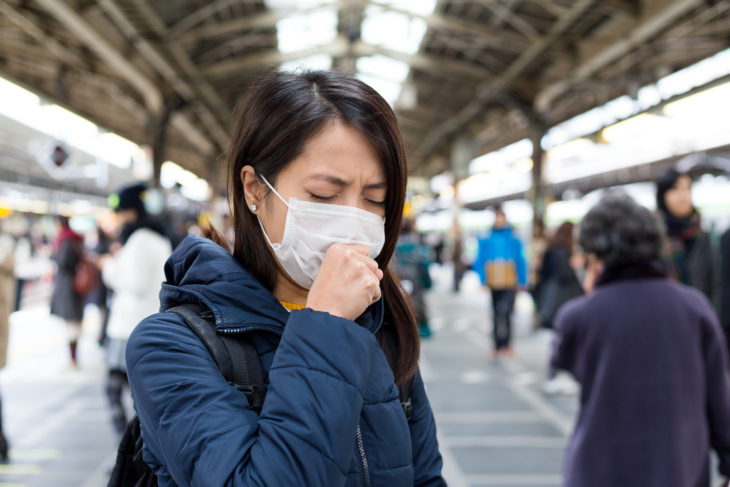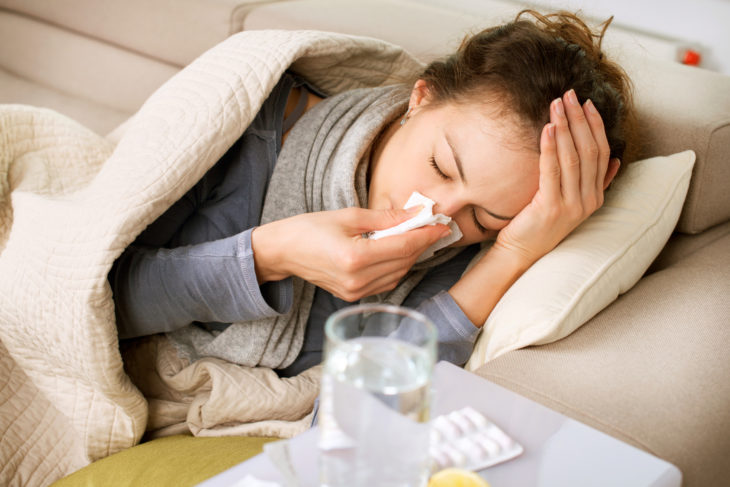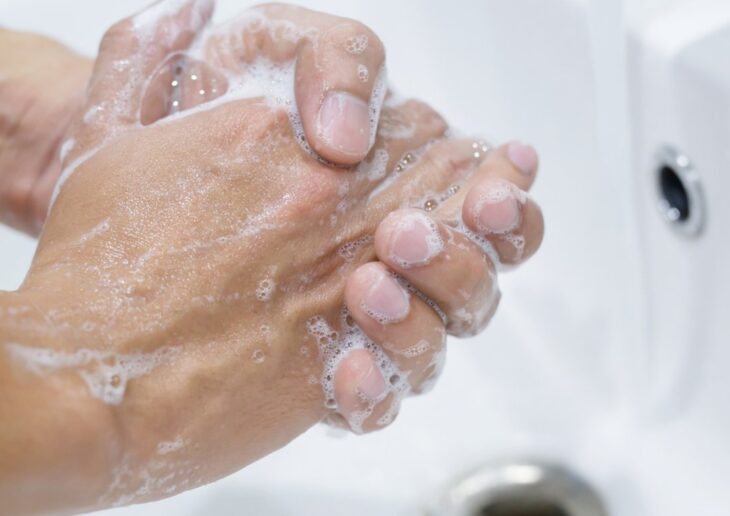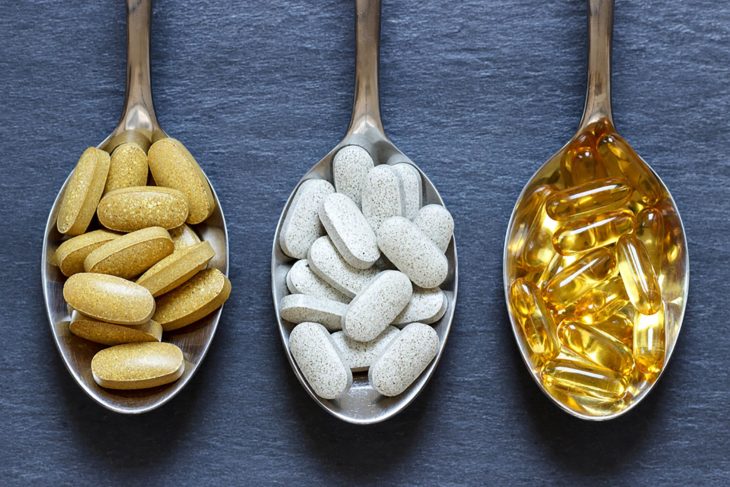What to expect for the 2024-2024 flu season during the Covid-19 pandemic? CDC recommends key facts about what to do during the cold season, including getting a flu vaccine, taking antiviral medication, and practicing other preventive actions. Avoiding close contact with sick people and frequently washing your hands are just some of the preventive actions you should take to protect yourself. The tips below will help you learn about taking care of yourself and others from the flu or getting infected with the coronavirus.
Contents
1. Keep your distance from others
Avoiding contact with others around you, especially with sick people, is perhaps the best you can do at the moment. It’ll help you protect yourself and also stop spreading the germs around. It’s called social distancing, and it means keeping space between yourself and other people. Practicing social distancing will include wearing a mask, washing your hands often, and disinfecting frequently touched surfaces.

Source: Frontier Myanmar
2. Cover your mouth and nose
Masks are great for slowing the spread of Covid-19, especially when combined with practicing social distancing and taking preventive actions. Everyone should wear masks, but not children under two years old or any person who has trouble breathing or needs assistance to put or take off their mask. You can find many types of masks on OptimallyOrganic, including an organic blue face mask to match it to your outfits, but most important, protecting yourself and those around you. Wearing your mask correct is critical; follow the next steps for much better protection:
- Wash your hands before touching your mask
- Cover your nose and mouth by securing it under your chin
- Make sure you can easily breathe through it
- Choose organic face masks

Source: livescience
3. Stay home if you’re sick
If it’s possible, stay home if you are sick. It will help you prevent spreading germs to others. Symptoms can include having fever, chills, muscle pain, body aches, headache, and fatigue. If you become sick at work, it’s best to separate yourself from other coworkers or go home directly. But employers should advise all their employees to stay home if they or one of their family members are sick.
So, staying at home will give you chance to find a good solution to boost your immune system with the help of Veritas Farms.

Source: romper
4. Handwashing
Washing your hands as often as possible will help you protect yourself from germs. Use soap and water and wash your hands for 20 seconds. If water and soap aren’t available, use a hand sanitizer and frequently sanitize your hands. Regularly handwashing is the safest and easiest way to get rid of germs and avoid getting sick.

Source: Covenant Health
5. Disinfect frequently touched surfaces
Disinfect surfaces at home, work, or school is another important step to consider during this period. Clean your desk, tables, and other frequently touched surfaces, especially if someone around you is ill. Also, practicing good health habits is incredibly important, including getting plenty of sleep, eating healthy, drinking many fluids daily, and avoiding stress. These are the most important aspects to consider this time of the year, especially due to the coronavirus pandemic. Make sure you follow all of these steps to protect yourself, your beloved ones, and other people around you.

Source: The Family Handyman
6. Eat vegetables
It’s no secret that leafy vegetables are rich in vitamins and nutrients that help you keep a healthy diet and maintain a healthy immune system. Eating green vegetables can be the most nutritious change you can make in your diet. Many people consider taking supplements during the flu season, but it’s best to stick to foods. Simply put: it’s better to eat an orange rather than taking a vitamin C pill. The orange offers you a combination of nutrients such as folate, magnesium, vitamin B6, potassium, and other antioxidants.

Source: Medical News Today
7. Exercise
Staying active is another important routine you should always stick with. Simply walking several days per week will do more than good to your physical and mental health. According to ResearchGate, regular exercising can protect you against flu and chronic illnesses, such as:
- Diabetes
- Arthritis
- Dementia
- Asthma
- Heart disease
You can enjoy running, cycling, water, aerobics, etc. No matter the type of exercise you choose, be careful not to move, twist too quickly, or do so much training that becomes painful. The right way is to start slowly, so that you can learn how to do the exercises properly. Enroll in an exercise class to enjoy personal training, but make sure to inform your personal trainer about your health conditions so that they can get the most out of your workout. Regular exercising will keep you healthy, strengthening your immune system, and helping you fight bacterial infections.

Source: The Independent
8. Get vitamin D
Vitamin D is known as the sunshine vitamin that your skin produces when sun exposure. It’s important to get enough vitamin D for optimal health, as this helps to maintain strong bones and improves your immune system, protecting yourself against harmful conditions. Vitamin A, D, E, and K are fat-soluble vitamins, which are similar to oils and much better absorbed by your body. Vitamin A is known for its important role in keeping a healthy vision, body development, hair, nails growth, maintaining fertility, and a healthy immune system. The role of vitamin D is to reduce the risk of heart disease and other cancer-related symptoms. Vitamin E acts as an antioxidant, protecting your fatty acids in your body against free radicals. Last but not least, vitamin K (K3, K4, K5) plays an essential role in supporting bone health and preventing the calcification of blood vessels, reducing the risk of heart diseases.

Source: rd
Keep it personal! Viruses can live on a surface for 24 hours, meaning that germs have enough time to spread, among others. One sick person can pass the illness to other family members. Avoiding spreading germs is essential. For this reason, you must keep your items separately. Personal items include towels, toothbrushes, cosmetics, drinking glasses, utensils, etc. If another person has used your items, make sure to wash them in hot, foamy water. Staying healthy is more important than ever – practice these techniques, even though you feel well. Regular exercising, healthy eating, and practicing social distancing throughout the day is crucial for keeping you active and away from germs.
